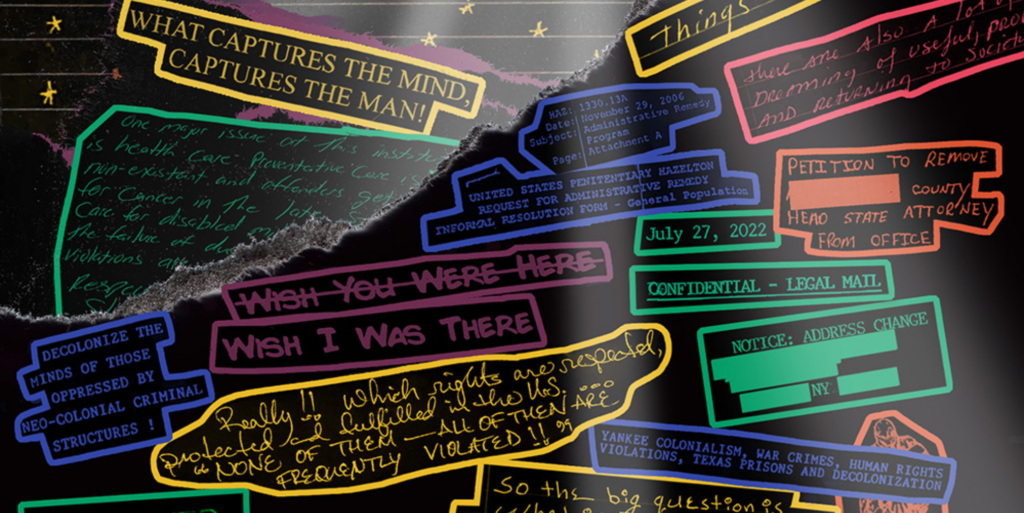Originally posted on HowlRound Blog
1. Talk a little about what being in a residency means to you as an artist and how the notion of residency influences artistic practice.
It is, of course, very gratifying to be a playwright who is treated as an integral part of one of New York’s major theaters, and a dream come true to see this play come to life on one of their stages. But the Roundabout and Tow Foundation’s support of me is also very practical: I don’t have to work a full-time or juggle many part-time jobs in order to sustain myself in this impractical city, as I did when I first moved here. I’m able to fully focus on my work, to get into a kind of rhythm, and to more fully engage with the theater community. I have a generous stipend—and time—to go see as much theater as possible, which is how I learn and grow the most as an artist.
2. What are you working on during your residency?
My residency is basically divided into two parts, the first of which I’m deep in the throws of right now. My play Little Children Dream of God begins previews in the Roundabout Underground this January, so I’m the crazy guy in your local coffee shop talking to himself and rewriting. Luckily, I have the brilliant director Giovanna Sardelli and expert dramaturg Jill Rafson to help me along the way. Plus, we just announced an unbelievable cast, so I really can’t screw it up.
After we open in February—and I sleep for a week straight—I’m going to get cracking on a new play. Part of what’s so amazing about Roundabout Underground is the commission they give you once you’re programmed in—it shows a real commitment to the ongoing life of emerging playwrights.
3. How do you define home as a playwright? How important is it to have a place to call your “artistic home?”
Home is a place that believes in you before they believe in the play, that makes a holistic commitment to the growth of a writer and is as interested in helping to shape an artist as they are a work of art. It’s also a place that makes you part of the institution—they’re not just renting your play for production and putting up with you during rehearsals, but bringing you into development and marketing meetings, showing you how the sausage is made; partnering with you on initiatives through their education department so that you can use more than a single production to affect the community.
As a playwright, you spend so much time in an isolated bubble, so it’s important to have a place where you can engage in the larger discussion that your work and other work is having.
4. What are your aspirations as a playwright? When you imagine yourself ten years from now, where are you and what are you doing?
I’d like to, obviously, continue writing plays, to find new ways to explore the things that interest me now and, hopefully, come across new things to be interested in. I don’t feel like I’ll ever “answer” any of the questions that motivate me to write my plays, but I’d like to hope my ways of attacking those questions will shift and grow.
I’m also interested in creating or helping to facilitate an exchange between theater artists in the US and Haiti. It would be amazing to bring Haitian voices over here, and send artists—especially Haitian-Americans like myself—over there. I have a dramaturgy/literary management background, and taking that kind of role while bringing opportunities and exposure to artists both in Haiti and the US would be a very exciting project.
Read @ HowlRound
